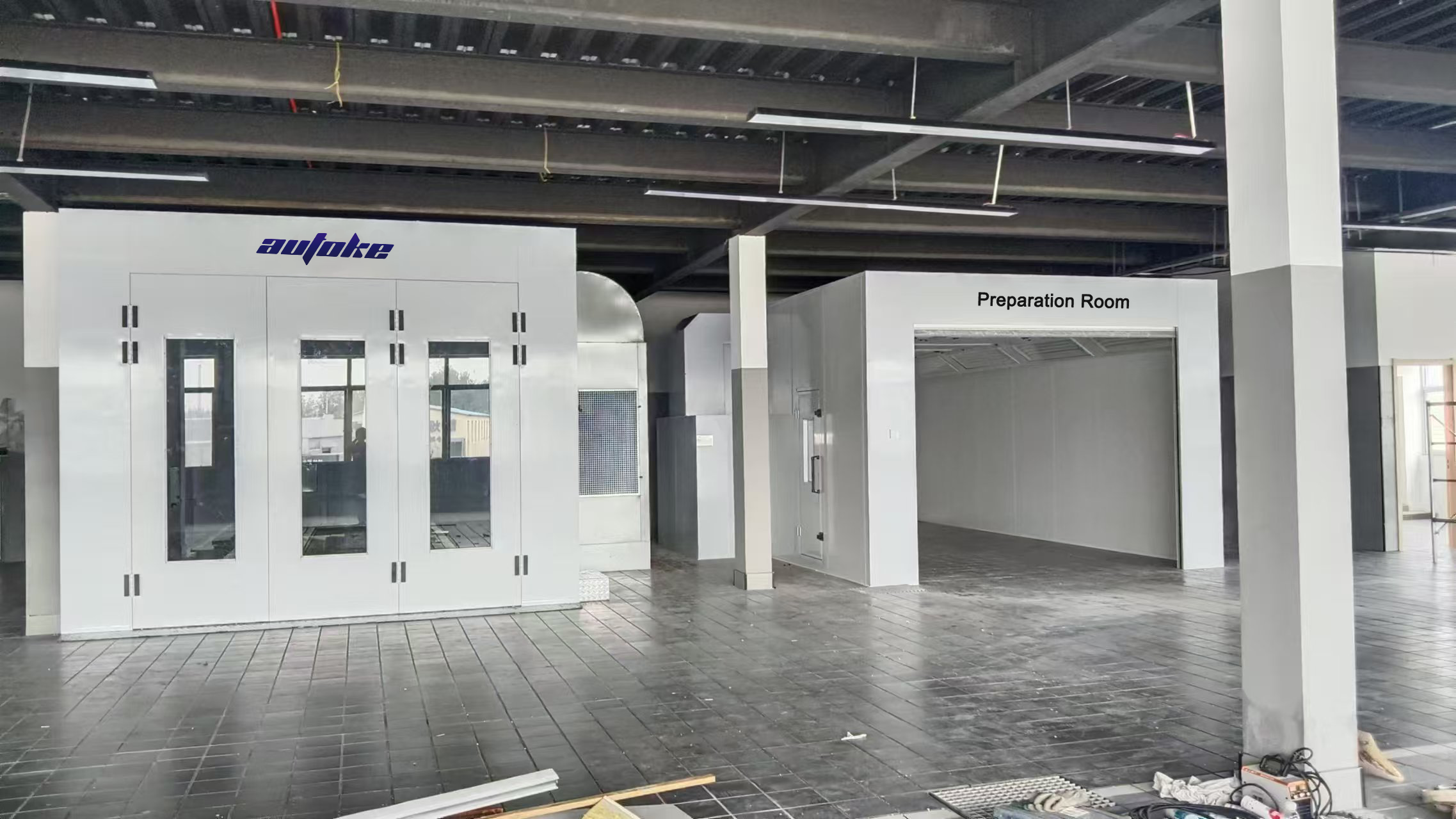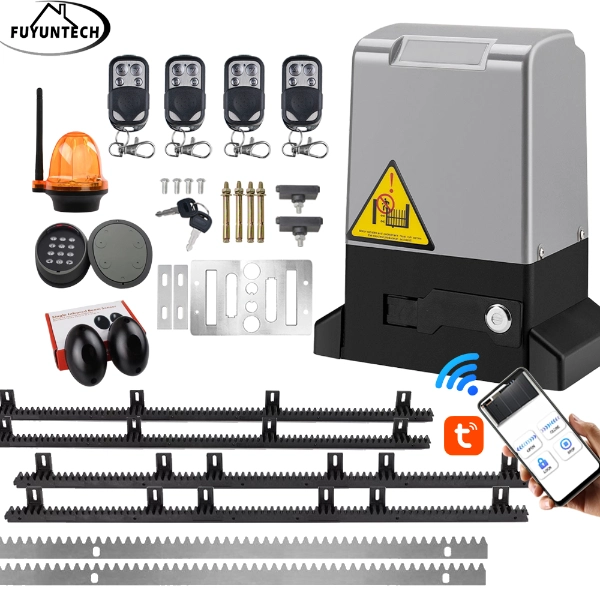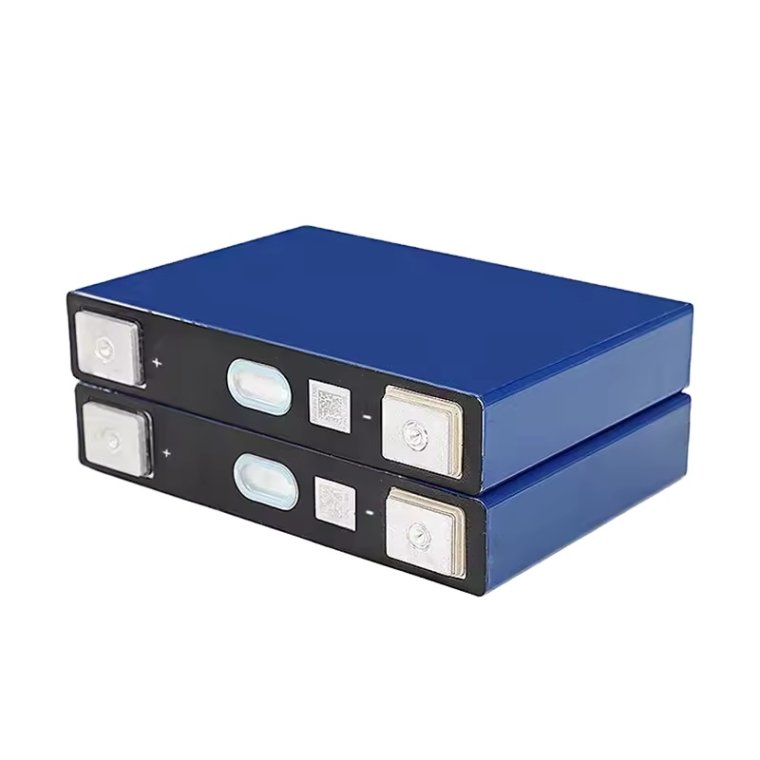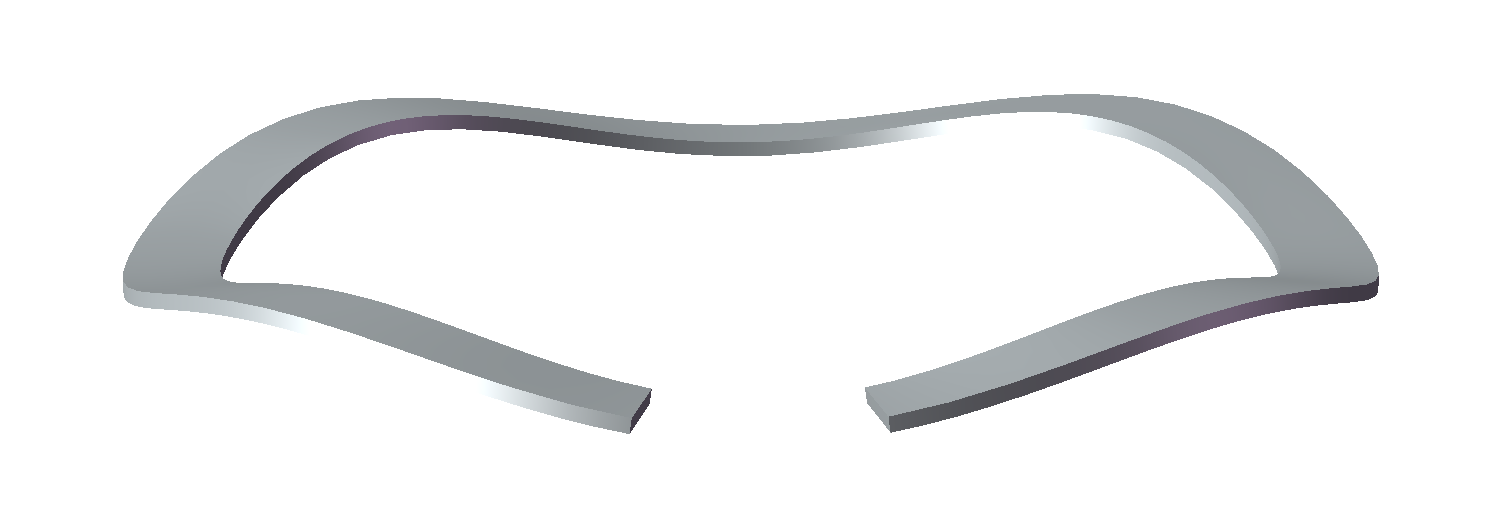When it comes to designing a shower area, choosing the right materials is crucial for both functionality and aesthetics. PVC wall panels have gained popularity in recent years due to their affordability, durability, and easy installation. However, before incorporating PVC wall panels into your shower, it is essential to understand their suitability and potential challenges. In this article, we will delve into the topic and explore whether PVC wall panels can be effectively used in shower areas.
- Understanding PVC Wall Panels:
PVC, or polyvinyl chloride, is a synthetic plastic polymer known for its versatility and durability. PVC wall panels are made from this material and are commonly used in various interior applications, including bathrooms and showers. These panels are lightweight, waterproof, and resistant to mold and mildew, making them an attractive option for wet areas. - Benefits of PVC Wall Panels in Showers:
2.1. Water Resistance: PVC wall panels are inherently waterproof, making them an excellent choice for shower areas. Unlike traditional tiles or other wall coverings, PVC panels do not absorb water, preventing the growth of mold and mildew and ensuring a hygienic environment.
2.2. Easy Maintenance: PVC panels are incredibly low-maintenance. They can be easily wiped clean with a damp cloth or mild detergent, eliminating the need for extensive scrubbing or specialized cleaning products. This convenience is particularly advantageous in shower areas prone to soap scum and water stains.
2.3. Durability: PVC wall panels are highly durable and resistant to impact, scratches, and dents. They can withstand daily wear and tear, ensuring a long-lasting and visually appealing shower space.
2.4. Versatility in Design: PVC panels come in a wide range of colors, patterns, and textures, allowing for endless design possibilities. Whether you prefer a sleek and modern look or a more traditional aesthetic, PVC panels can be customized to suit your style and preferences.
- Installation Considerations:
3.1. Proper Substrate: Before installing PVC wall panels, it is crucial to ensure a suitable substrate. The walls should be smooth, dry, and free from any loose materials. If necessary, a moisture-resistant backer board or cement board can be installed to provide a stable surface for the panels.
3.2. Sealing and Waterproofing: While PVC panels themselves are waterproof, proper sealing and waterproofing measures should be taken to ensure a watertight installation. This includes sealing panel joints with silicone caulk and using waterproof adhesive during installation.
3.3. Professional Installation: While PVC wall panels can be installed as a DIY project, it is recommended to seek professional assistance, especially for complex shower designs or if you lack experience in wall panel installation. Professional installers can ensure a seamless and secure installation, minimizing the risk of water leakage.
- Potential Challenges and Limitations:
4.1. Heat Resistance: PVC panels may not be suitable for areas exposed to high temperatures, such as near steam outlets or sauna rooms. Excessive heat can cause the panels to warp or deform, compromising their integrity.
4.2. Expansion and Contraction: PVC panels can expand and contract with temperature changes. To accommodate this movement, leave a small gap between panels during installation and use flexible sealants to prevent water penetration.
4.3. Aesthetics: While PVC panels offer a wide range of design options, some individuals may prefer the natural look and feel of traditional tiles or other materials. It is essential to consider personal preferences and the overall design concept before opting for PVC wall panels.
Conclusion:
PVC wall panels can be a practical and visually appealing choice for shower areas. Their water resistance, easy maintenance, durability, and design versatility make them a viable alternative to traditional wall coverings. However, it is crucial to consider installation requirements, potential challenges, and personal preferences before making a final decision. By understanding the benefits and limitations of PVC wall panels, you can create a shower space that combines functionality, style, and longevity.




